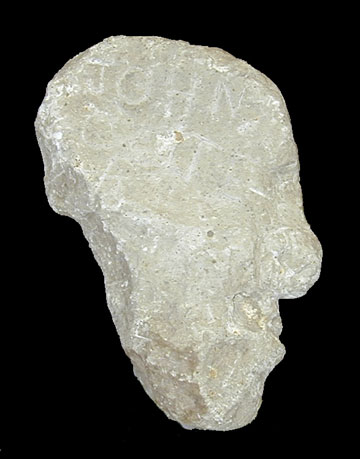Make of this what you will — it’s a certificate signed in the 1750s by 11 witnesses, including two representatives of the Sorbonne and a counselor to the French parliament:
We, the undersigned, … certify that we have this day, between the hours of eight and ten o’clock in the evening, seen Marie Sonet while in convulsion, her head on one stool and her feet on another, the said stools being entirely within a large fire-place and under the mantel-piece, so that her body was in the air above the fire, which burned with extreme violence, remaining in that position for thirty-six minutes in four different times, (nine minutes each time) without the cloth in which she was wrapped (she was without other clothes) being burned, although the flames sometimes extended above her—the which appears to us to be quite supernatural.
And: “Again, we certify that while we were signing the present certificate, the said Sonet placed herself over the fire in the manner previously described, and remained there nine minutes, appearing to sleep above the brazier, which was very hot, having been replenished with fifteen large logs, and a faggot of kindling wood, during the last two hours and a quarter.”
(Cited in William Hammond, On Certain Conditions of Nervous Derangement, 1881.)



